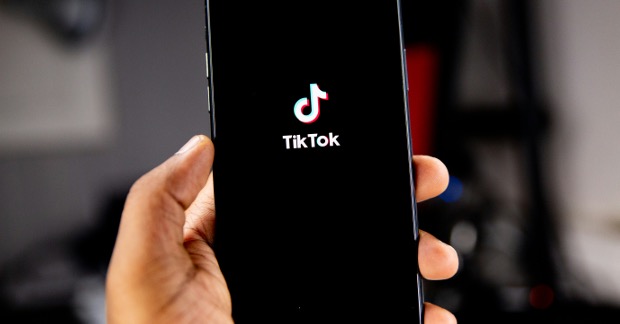A bill that would compel tech company ByteDance to divest itself of TikTok, or face an effective ban in the U.S., was introduced in the U.S. House of Representatives on March 6, 2024 (Singapore time).
If the bill passes both chambers of Congress and becomes law, and ByteDance does not sell TikTok to a company that is not based in China (or any other "foreign adversaries" of the U.S.), the popular social media app will face a de facto ban in the U.S.
The bill
The bill's official name is the "Protecting Americans From Foreign Adversary Controlled Applications Act", according to a press release from the House Select Committee on the Chinese Communist Party.
It is a bipartisan effort, introduced by Representatives Mike Gallagher (R-Wisconsin) and Raja Krishnamoorthi (D-Illinois). Both lawmakers sit on the Select Committee.
Bipartisanship has become increasingly rare in the U.S., owing to increasing polarisation, but U.S. policy on China is perhaps one area where it still can be found.
If passed, the bill would define ByteDance and TikTok as an entity and an application respectively, that are controlled by a foreign adversary.
It would also allow the president to designate other "foreign adversary-controlled social media applications" under a broader framework.
Under the bill, these "foreign adversaries" include countries like China, Russia, North Korea and Iran.
ByteDance, TikTok's parent company, is headquartered in Beijing. TikTok has headquarters in Singapore and Los Angeles.
"Designated applications will face a prohibition on app store availability and web hosting services in the U.S. unless they sever ties to entities subject to the control of a foreign adversary through divestment," the press release added.
Effectively, this would result in a de facto ban on TikTok's accessibility in the U.S., even among current users who have already downloaded the app.
TikTok responds
A TikTok spokesperson, Alex Haurek, told The Hill that the bill represents an "outright ban" on TikTok, no matter how the lawmakers "try to disguise it."
He added that it would "trample on the First Amendment rights (free speech)" of millions of Americans and deprive small businesses of a platform to "grow and create jobs".
However, when TikTok published a statement saying the same things on its official X account, it quickly found its post linked to a Community Note, which pointed out that the bill would not affect TikTok if it no longer has ties to ByteDance, or any entities "subject to the control of a foreign adversary".
The Community Note is a feature of X (formerly Twitter) that crowdsources fact-checking efforts for certain tweets.
Notes appear when they are rated "useful" by other users.
Our statement on the latest TikTok legislation: This bill is an outright ban of TikTok, no matter how much the authors try to disguise it. This legislation will trample the First Amendment rights of 170 million Americans and deprive 5 million small businesses of a platform they…
— TikTok Policy (@TikTokPolicy) March 5, 2024
Other efforts to ban TikTok
U.S. lawmakers have tried to address TikTok before, but so far without success.
Two efforts to ban the app and allow the Department of Commerce to identify apps that pose a national security risk and ban them petered out in 2023.
It is unclear if Congress would have the necessary votes to pass the bill into law, or if there is the political will to do so before the presidential and congressional elections in November 2024.
Other countries such as India and Nepal have already banned TikTok, citing national security concerns and the impact of the app on social harmony.
Top image from Unsplash.
If you like what you read, follow us on Facebook, Instagram, Twitter and Telegram to get the latest updates.



